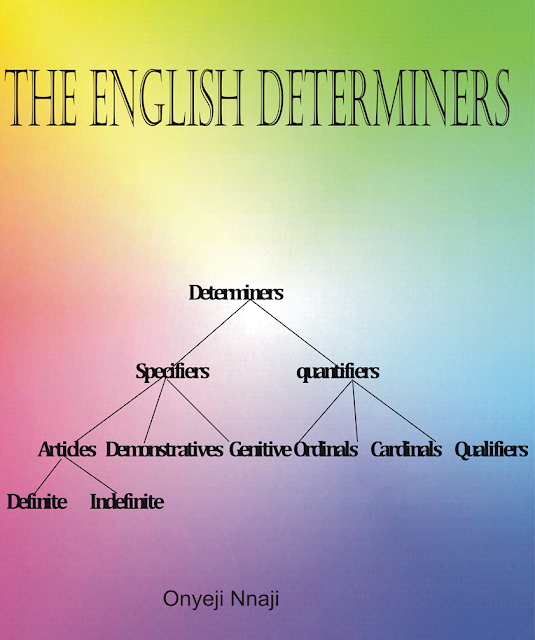Understanding the Figure of speech, "Metaphor" - Prince Wekpa

Metaphor can easily be defined as the literary device that presents unreal perception through writing. By this reference, metaphor becomes the expression that describes one thing in terms of another. We have the simple forms of such expressions in our daily conversations, though they are overused. A good example of such simple metaphor is, "He is a lion" . It thus foregrounds the image of a lion in the perceptive faculty, even when it is not real. We all know that the lion referred here is not real; instead it connotes similitude of actions (habitual or not), behaviour or mannerisms which are attributes of lions. Simple metaphorical expressions apart, there are others as complex metaphor, dead metaphor, diminishing metaphor, stale metaphor and finally, grammatical metaphor. We perceive 'destroying' as a (whole lot of) process, which will involve an agent (the destroyer) and the thing destroyed (the sufferer) as well as the action (the proc
